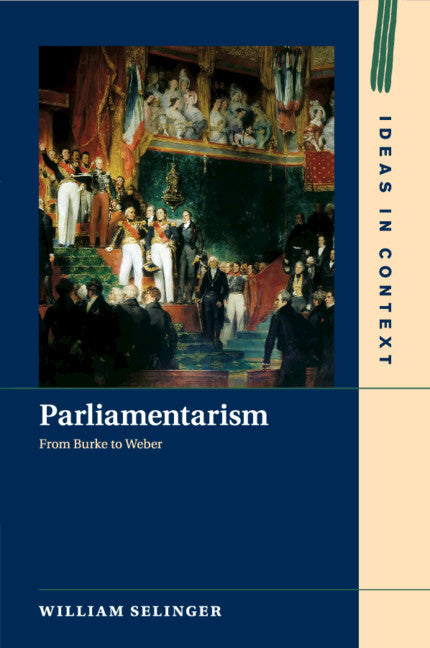Parliamentarism
From Burke to Weber
Author(s): William Selinger
Couldn't load pickup availability
🚚 Please note we can only ship within the UK.
FREE delivery on books (excluding sale).
Delivery for other items is £1.50 - £4.50, calculated at checkout.
T&Cs apply.
Free click & collect on all orders.
For eighteenth- and nineteenth-century authors such as Burke, Constant, and Mill, a powerful representative assembly that freely deliberated and controlled the executive was the defining institution of a liberal state. Yet these figures also feared that representative assemblies were susceptible to usurpation, gridlock, and corruption. Parliamentarism was their answer to this dilemma: a constitutional model that enabled a nation to be truly governed by a representative assembly. Offering novel interpretations of canonical liberal authors, this history of liberal political ideas suggests a new paradigm for interpreting the development of modern political thought, inspiring fresh perspectives on historical issues from the eighteenth to early twentieth centuries. In doing so, Selinger suggests the wider significance of parliament and the theory of parliamentarism in the development of European political thought, revealing how contemporary democratic theory, and indeed the challenges facing representative government today, are historically indebted to classical parliamentarism.
Share


